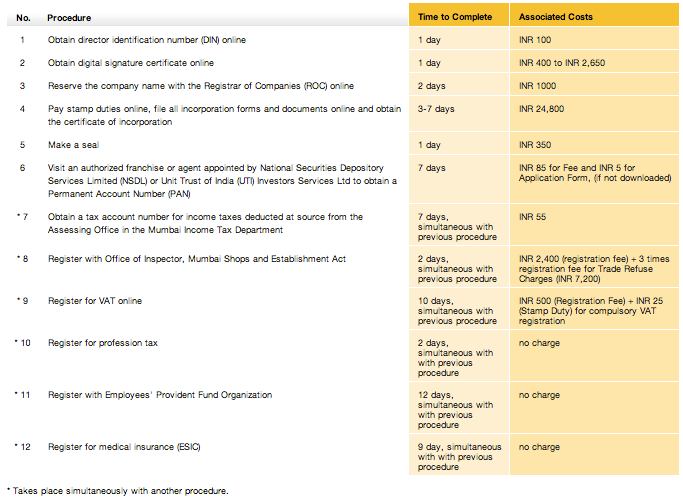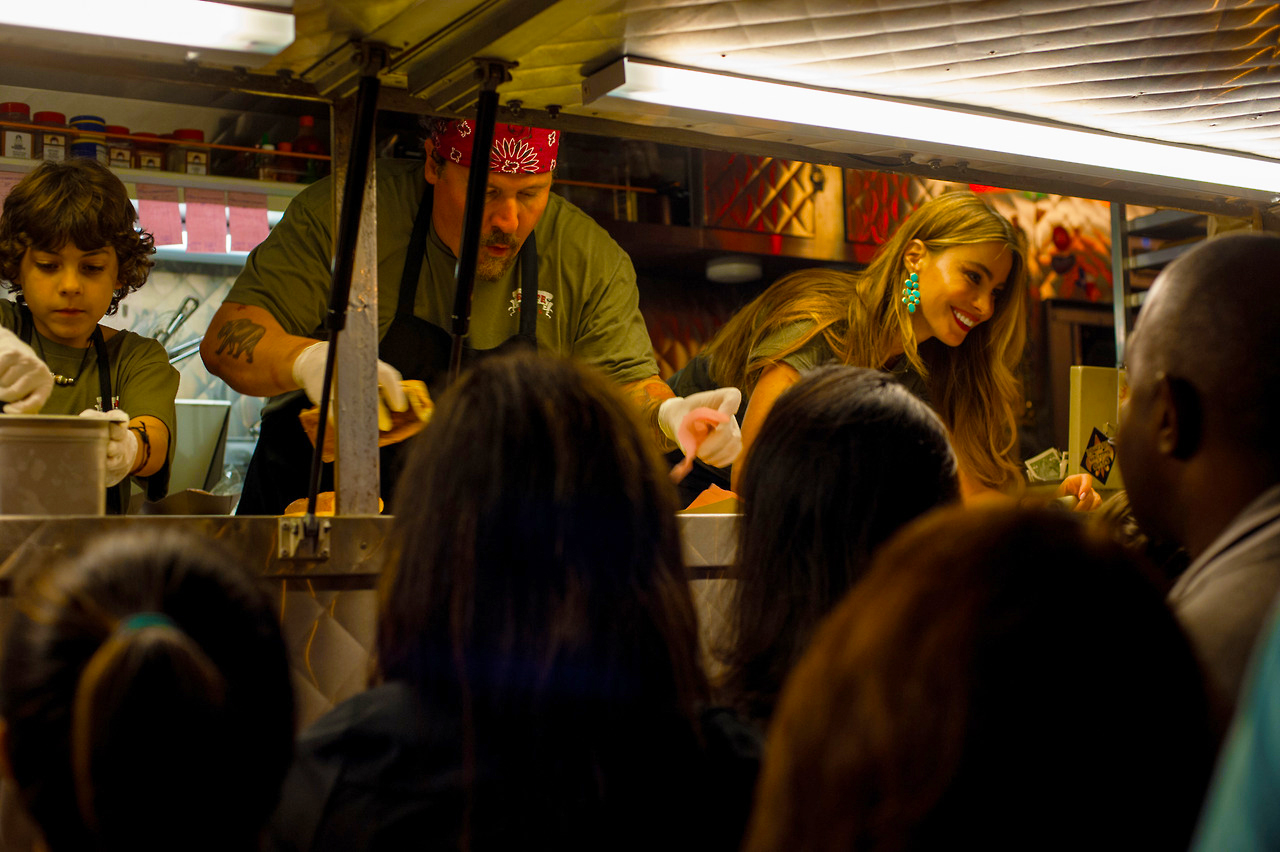In Chef, recently fired upscale restaurant chef Carl Casper (Jon Favreau) has no job offers, a viral video to cope with, and a life that is spiraling south. I won’t divulge the ending but the movie was about a food truck, the power of the tweet, a dad, his son and some very good food. You walk out smiling and hungry.
Driving cross country, though, Chef Carl would have had many more difficulties than we saw in the movie.
Imagine facing different regulations every time you cross a city or county line. In NYC, opening a food truck takes you straight to city government. The truck and all employees need permits. Getting the Mobile Food Vending Permit that you need to operate might mean a long wait list. According to the New York City Food Truck Association, the city wide permit wait list is closed. Instead though, you could obtain a restricted park permit much more easily. Next, there is a 2-3 month processing lag for the permit that every person working on the truck has to have. In California, you need a state seller’s permit, a county health department permit, a city business peddler’s license, food safety and handler’s certification and the truck needs to be approved by the Housing & Community Department. Then, you would need to know that in NYC, even if you feed your parking meter, you are prohibited from occupying that space. In LA, food trucks parked over 1 hour are required to have bathroom access within 200 feet of the truck. Also, municipalities typically have proximity regulations–that is, how close you can park to a store or a school or another restaurant.
Where are we going? Regulations affect the ease of doing business.
Timothy Taylor, in his Teaching Company course, “America and the New Global Economy,” says that Mahatma Gandhi wanted farms and businesses to remain small so that there would be no exploitation. After Gandhi, the business climate remained unwelcoming with the “license raj.” Professor Taylor explains that the license raj meant businesses needed a plethora of licenses to start and function which retarded econmic development.
Curious about the current business climate, I went to the World Bank “Doing Business” site which ranks nations for their ease of doing business:
For example…
U.S. : 5 days to implement the initial procedures for starting a business.

India: 27 days to implement the initial procedures for starting a business.

Our bottom line? The food truck finds itself at the regulatory convergence of health and sanitary concerns, transportation constraints and the vested interests of restaurant owners who pay the rent. The result is a competitive environment that should resemble monopolistic competition but instead is shaped by government regulations that impede the ease of doing business.
Please do share your food truck stories with us in a comment.






